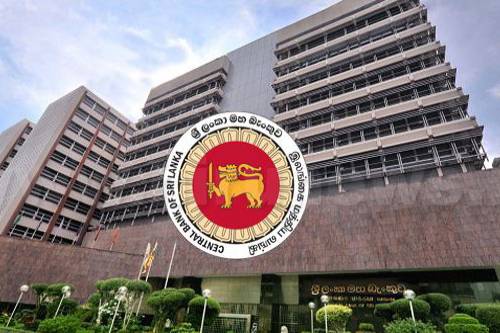Sri Lanka's economy is expected to in medium term subjected to the country' ability to ensure political stability and a return to normalcy following the election of the new President , Central Bank sources said.
Manufacturing activities expanded at a higher rate in October 2019, compared to previous month while Services sector continued to gain momentum during the same period
Weekly AWPR for the week ending 15th November 2019 increased by 01 bps to 10.26 per cent compared to the previous week.
The import prices of sugar and wheat increased by 6.8 per cent and 12.5 per cent in September 2019 (yearon-year), while import prices of rice and crude oil declined.
Earnings from exports grew moderately by 1.0 per cent (year-on-year) to US dollars 8,983 mn during the first nine months of 2019 as a result of higher earnings from exports of textiles and garments (6.6%), rubber products (0.9%), transport equipment (29.7%), coconut (8.6%) and seafood (4.9%).
Import expenditure at US dollars 14,596 mn during the first nine months of 2019 decreased by 13.4 per cent (year-on-year) largely due to lower imports of gold (-99.5%), personal vehicles (-54.0%), rice (-91.5%) and fuel (-7.4%).
As a result, the deficit in the trade account contracted to US dollars 5,613 mn during the first nine months of 2019 from US dollars 7,953 mn in the corresponding period of 2018.
The export unit value index decreased by 8.2 per cent (year-on-year) in September 2019 mainly due to lower prices registered in all major categories of exports.
The import unit value index in September 2019 decreased by 5.9 per cent (year-on-year) due to lower prices recorded in imports of consumer and intermediate goods. Accordingly, the terms of trade deteriorated by 2.5 per cent (year-on-year) to 112.2 index points in September 2019.
(LI)

